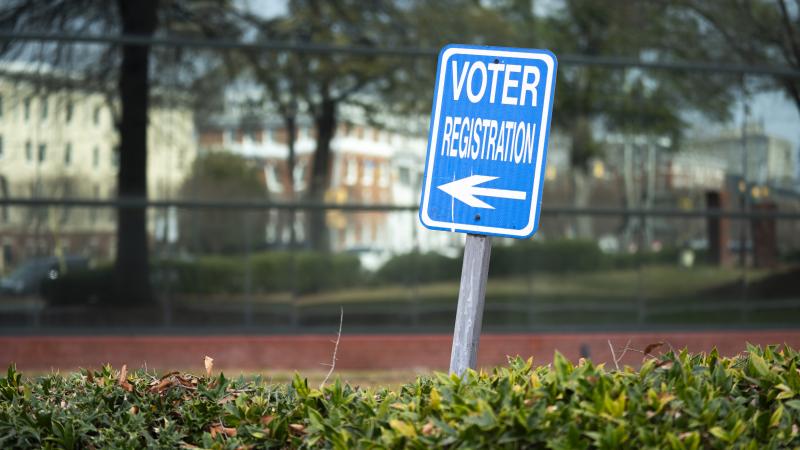Federal judge rules California ammunition background checks unconstitutional
Benitez also struck down the state’s prohibition on importing or physically bringing in ammunition from other states.
(The Center Square) - A federal judge struck down California’s background check requirement for each purchase of ammunition and ban on importing or carrying in ammunition to the state, setting the case up for an appeal to the Ninth Circuit Court, where two other California gun rights cases are under way.
“The ammunition background checks laws have no historical pedigree and operate in such a way that they violate the Second Amendment right of citizens to keep and bear arms,” wrote United States District Judge Roger Benitez. “The anti-importation components violate the dormant Commerce Clause and to the extent applicable to individuals travelling into California are preempted by [U.S. federal law]. Perhaps the simpler, 4-year and $50 ammunition purchase permit approved by the voters in Proposition 63, would have fared better.”
California voters passed Proposition 63 in 2016, requiring background checks to purchase ammunition and banning the possession of standard-capacity magazines holding more than ten bullets. While Proposition 63 required the four-year permits, the legislature amended the proposition before its passage to require background checks for each ammunition purchase.
Of the 583,359 individuals who submitted ammunition background checks in the first half of 2023, state computers rejected 58,087, or 11% of them. Of those, only 0.03%, or 141 individuals, were denied because they were on the Armed Prohibited Person System list, suggesting the rest were from technical rejections due to system or data errors — a failure rate Benitez ruled an infringement on the Second Amendment.
Benitez also struck down the state’s prohibition on importing or physically bringing in ammunition from other states. He cited a federal law allowing individuals to safely transport firearms and ammunition between states, and the U.S. Constitution’s Commerce Clause, saying requiring sales to be through California ammunition dealers erects an undue barrier against other states’ ammunition sellers.
In California’s defense, Attorney General Rob Bonta cited, among others, 48 laws that banned gun and ammunition possession by “Negros, Mulattos, slaves, or persons of color,” and two laws that “prohibited sales to Indians” as historical precedent for the state gun and ammunition laws.
Benitez previously has ruled against the state’s ban on certain cosmetic features for semi-automatic firearms known as an “assault weapons” ban, and the ban on possession of standard-capacity magazines. California appealed against each of Benitez’ injunctions. Benitez’ injunction against criminal penalties for those who possess standard-capacity magazines was upheld by the 9th Circuit, while his order allowing the purchase of standard-capacity magazines was not.
Benitez’ injunction against California’s “assault weapons” ban faces a 9th Circuit panel of three judges, two of whom were Democratic appointees who last week asked questions critical of the challenge to the ban.















